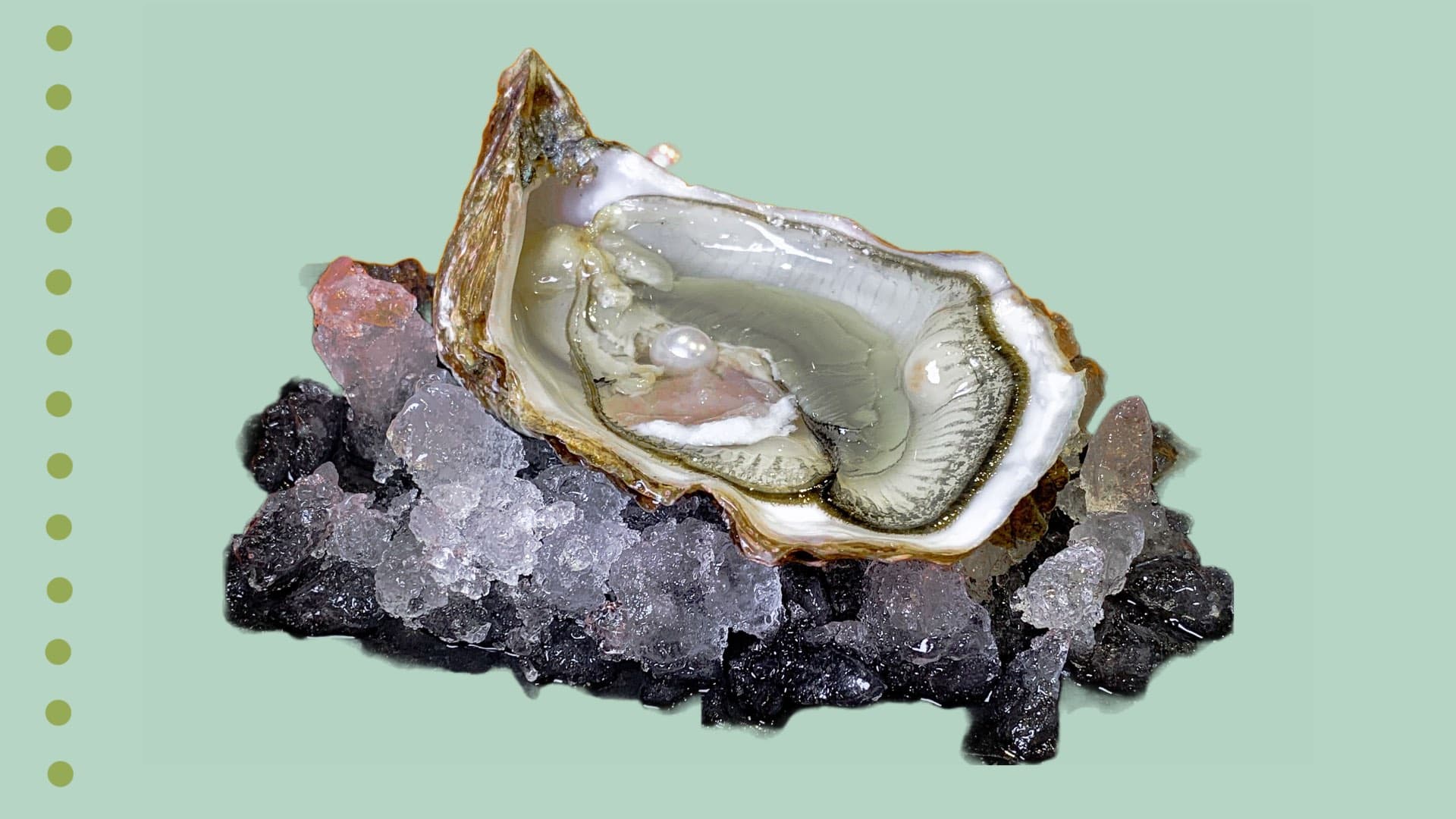What is manganese?
Manganese is a trace mineral that is essential for the human body in small amounts. Because we can’t make it on our own, we have to obtain it from food or supplements. Manganese is a coenzyme that assists many enzymes involved in breaking down carbohydrates, proteins, and cholesterol. It also assists enzymes in building bones and keeping the immune and reproductive systems running smoothly.
Manganese works with vitamin K to assist in wound healing by clotting the blood. It is absorbed in the small intestine and stored in bone, with smaller amounts in the liver, brain, kidneys, and pancreas. Manganese levels can be difficult to measure in the body as dietary intakes do not always correlate with blood levels.
Manganese Benefits
- Supports immune health
- Aids reproductive health
- Aids brain and nerve function
- Assists bone development
- Assists enzyme development
- Creates energy
- Protects cells
How much manganese do you need per day?
- Adult Women: 1.8 mg
- Adult Men: 2.3 mg
- Pregnant/Breastfeeding Women: 11 mg
Natural sources of manganese
- Shellfish: mussels, oysters, clams
- Nuts, especially hazelnuts and pecans
- Brown rice
- Oatmeal
- Legumes: soybeans, kidney beans, chickpeas, lentils, peanuts
- Black tea
- Black pepper
- Spinach
- Pineapple
- Blueberries
- Whole grains: brown rice, oatmeal, and whole wheat bread
Learn about manganese deficiency symptoms.
Further reading: Harvard Nutrition Source, National Institutes of Health (1),(2)
